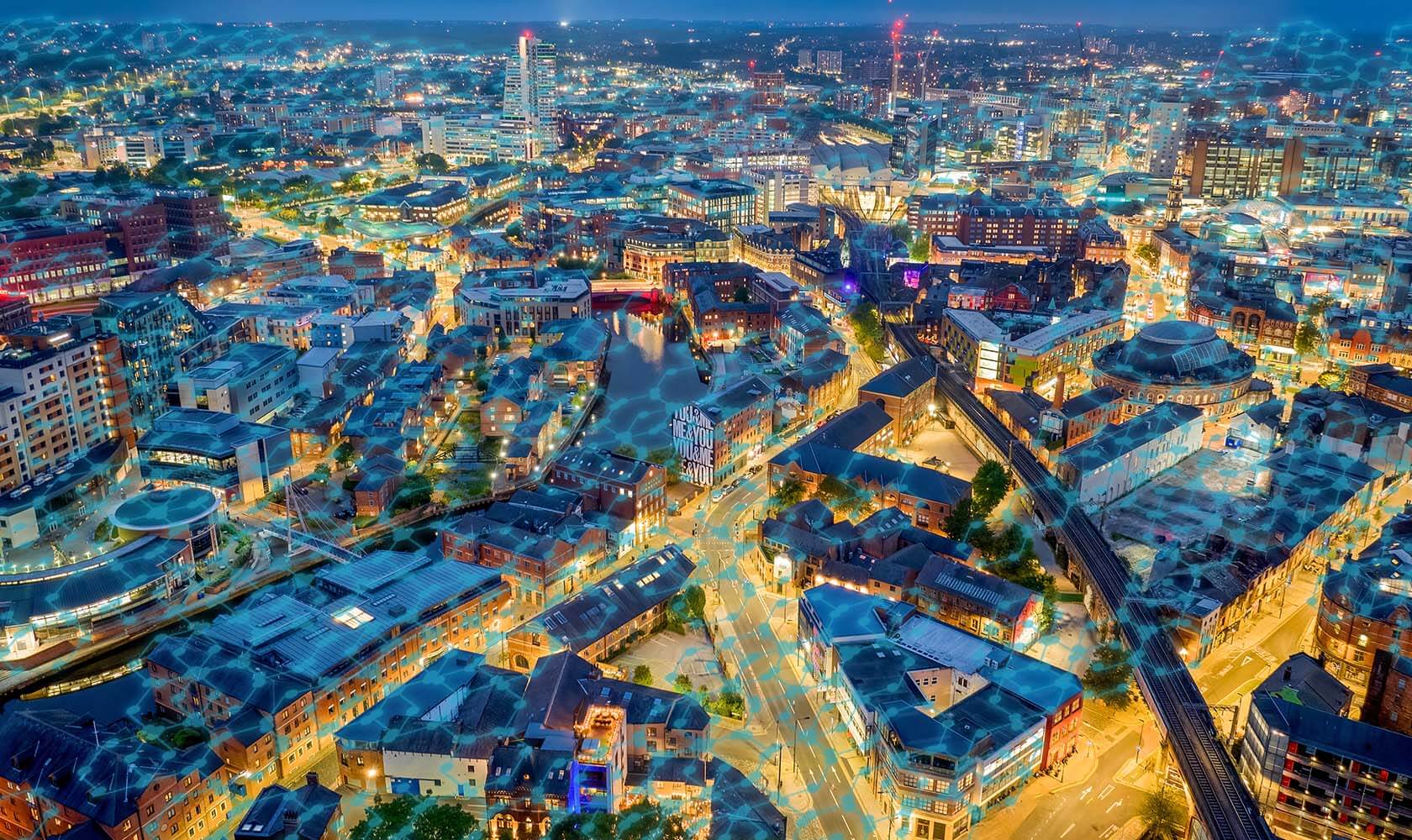October 6, 2020
Events Team
2020 DE&I Executive Summit: KimArie Yowell

KimArie Yowell, Chief Learning Officer at Rock Central
We’re talking about action. I’ve been with the company for seven years. I’ve been on this journey for probably the past five with our organization (Rock Central). And prior to the murder of George Floyd, we have had a diversity and inclusion plan. And our Chief Diversity Officer Katrina Scott has been extremely intentional.
After George Floyd was murdered, as we all know, watching someone die is not human. And I apologize, I’m a little choked up right now because I’m still reeling off of the events of yesterday. And I think that’s important. When we started to double down on our work in May, I remember having a conversation with our Chief People Officer and our CEO at the time around: “This can’t be performative. This has to be about sustainable and irreversible change.” And our CEO sent out an op-ed and we had many conversations about what we were going to do differently. And we devised the six point action plan and we can get that out to everyone. But it’s really under this mindset of going into what Renu said earlier about diversity, equity and inclusion has to be a part of our DNA. And if we think that it’s not, then we are foolish.
When we created this action plan, we created it in partnership, not just with our executive leaders, but also with our team members. And one of the first things we did was we said to all of our leaders, “You need to go out and you need to have conversations with your team members.” For far too long, these things happen in our world around us and then our team members are expected to come into our workplace and act as though they did not happen. We can’t allow that to happen anymore. And the first thing that we recognized is that we have amazing leaders in our organization. As many of you all who are watching today, who are brilliant. But when we talk about the topic of race and humanity and the things that are happening around us, we have not been equipped to have those conversations. And going back to what Lorna Lewis said earlier today, how many of us have been exposed to those things? We have not.
We found out really quickly that in order for us to do this right, we needed to start doing the inner work with our most senior leaders in the organization and really putting up a mirror, not to indict people but to understand that we all have these biases, unconscious or conscious. We all have biases. And if we’re not going to face those things and the fact that these biases impact our decision-making every single day when we are making decisions that impact marginalized people in our workspaces. So we were very intentional. After we said, “Go out and have these conversations”, what we did was we held a town hall for all of our Black team members, and it was open for every Black team member to attend. We leveraged ThoughtExchange to help us engage with these team members. And we had our executive board attend. And it was with the sole intention that we hear about the experiences of our team members. Because to me, awareness is number one. I can’t expect people to change if they’re not aware.
If you have been living in your world, in your whiteness your entire life, how do I expect you to know of a different experience unless I expose you to it? So that was one of the first things that we did. And our team members came through loudly and they shared. And I remember hearing my CEO say that, in his 40 plus years of life, he had learned more on that day then he had his entire life. Now that’s important because as leaders, we have to be vulnerable. If we’re above reproach, if the people that we work with are above that, then how do we start to create change? So for the head of our organization was saying he was learning and he was listening, and not only learning and listening, but taking action and understanding that not only does he have power, but he has privilege.
Now we’re in a space in our organization where we’re not just thinking about how we impact what’s happening inside of our organization, but we’re also talking about how we can impact our communities. We engage with our police departments. We engage with our governmental entities, because that’s important. The reality of it is, you can make a lot of changes in your organization, but if you’re not also thinking about your communities, guess where your team members are going back to? Those very same communities. And for us, it has really been about…
One of the things that I often say is that my job of developing people in this organization at every single level is to honor you with the truth. If I’m not honoring you with the truth, then what are you paying me for? So I think, in our positions, we have to be courageous to have the conversations that nobody else wants to have. But at the same time, we have to give people grace, we have to understand where people are coming from, take their perspectives and then lean in and walk on this walk together.
I’ll end with this; it’s important to build relationships. If you don’t take the time to build relationships, to truly understand people and allow people to understand you, it is very difficult for you to move forward. I’ll give an example. I’ve been working with our CEO for the past several years, and it has been an amazing experience because part of my job is leadership development. And I remember soon after these things happened, I was on a call with him, a virtual call and I was just not there. Emotionally, I was just over it.
And he texted me and he said, “What’s going on? You seem a little off, you want to talk about it?” And I was really at a place where I was like, “I don’t.” And that’s my CEO. I said, “I don’t. I have no words.” And I wrote an article on Medium and I shared it with him. It was called: To Whom It May Concern: A Message to America. And it was really just about: “I’m tired. I didn’t create this problem. I was born into this problem. And now as a Black woman, there’s so many expectations for me to fix the problem. And I can’t.” So I sent that article to him and he read it. He messaged me back and he said to me, “I will never know what it’s like to be a Black woman. But what I can tell you is that I am committed to creating change in the world around me. So however we can partner together to do that, I’m in for it.”
And let me tell you something: that meant so much to me. Because what it said to me is that with the leaders that I work with every day, we’re in it together. The only way that we’re going to be able to see irreversible sustainable change is if we are all moving together to do it. If it’s just the folks that look like me or the marginalized people trying to do it, change isn’t going to happen. And we’re just talking BS. Excuse my language. So it’s time for us to lean in, to really talk about action, but not just talk, let’s walk the walk and let’s do it. Because I truly believe there are a lot of organizations out there who are just like, “I don’t know what to do, help me.” And when you have that, I think it is incumbent upon us to help right the ship.
View all videos from the 2020 Diversity, Equity & Inclusion Executive Summit here.


